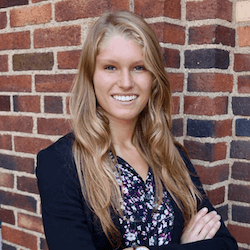Session originally hosted July 2022
Using buprenorphine in the emergency department (ED) to treat opioid use disorder (OUD) is both safe and highly effective, yet it remains underutilized and difficult to access. In the emergency department (ED), medication for opioid use disorder (MOUD) is still a novel treatment method. Thus, comfort and familiarity with MOUD needs to be established to increase adoption.
In this training, we will review and address the questions and concerns that we hear most frequently. We will answer basic “how to” questions, address hesitancy, discuss the role of stigma, and more. Throughout the session, we will provide tips and tricks to win over the hearts and minds of your colleagues, leadership, and patients.
At the conclusion of this training, learners should be able to:
✓ Explain that medications are the most effective treatment for opioid use disorder
✓ Recall common questions and concerns
✓ Compose evidence-based responses to frequently asked questions and concerns
✓ Recognize questions and hesitancy rooted in stigma
✓ Support an inclusive, welcoming environment for patients with opioid use disorder
Video length: 1 hour 9 minutes = 1.25 CME credits
Presenters: Andy King, MD; Arianna Campbell, PA-C; Nick Rademacher, MD
Review Date: July 21, 2022
Original Release Date: July 21, 2022
Termination Date: July 1, 2025
This activity has been planned and implemented in accordance with the accreditation requirements and policies of the Accreditation Council for Continuing Medical Education (ACCME) through the joint providership of Michigan State University and the Community Foundation for Southeast Michigan. Michigan State University is accredited by the ACCME to provide continuing medical education for physicians.
Michigan State University designates this Enduring Material activity for a maximum of 1.25 AMA PRA Category 1 Credits™. Physicians should claim only the credit commensurate with the extent of their participation in the activity.
Summary of Financial Disclosures: All planners, reviewers, faculty presenters have nothing to disclose.
Commercial Support Disclosure: No commercial support was provided for this CME activity


